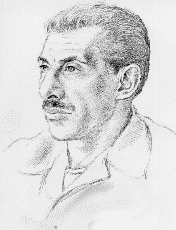
Idries Shah, also known as Idris Shah, Indries Shah, né Sayed Idries el-Hashimi and by the pen name Arkon Daraul, was an Afghan author, thinker and teacher in the Sufi tradition. Shah wrote over three dozen books on topics ranging from psychology and spirituality to travelogues and culture studies.
A teaching story is a narrative that has been deliberately created as a vehicle for the transmission of wisdom. The practice has been used in a number of religious and other traditions, though writer Idries Shah's use of it was in the context of Sufi teaching and learning, within which this body of material has been described as the "most valuable of the treasures in the human heritage". The range of teaching stories is enormous, including anecdotes, accounts of meetings between teachers and pupils, biographies, myths, fairy tales, fables and jokes. Such stories frequently have a long life beyond the initial teaching situation and have contributed vastly to the world's store of folklore and literature.

Tahir Shah is a British author, journalist and documentary maker of Afghan-Indian descent.
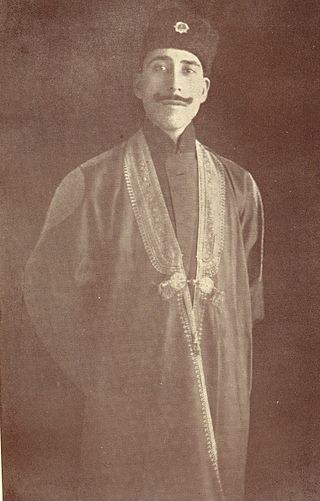
Sirdar Ikbal Ali Shah was an Indian-Afghan author and diplomat descended from the Sadaat of Paghman. Born and educated in India, he came to Britain as a young man to continue his education in Edinburgh, where he married a young Scotswoman.
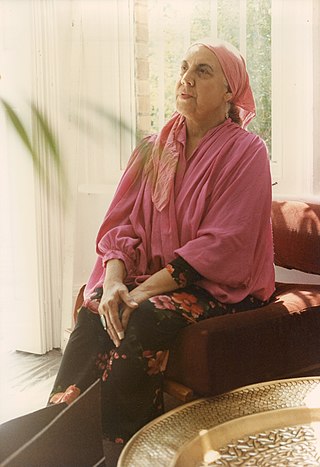
Amina Maxwell-Hudson was a British anthologiser of Sufi stories and folk tales, and was for many years the Chairperson of the College of Storytellers. She was the sister of the Sufi writers Idries Shah and Omar Ali-Shah, and the daughter of Sirdar Ikbal Ali Shah and Saira Elizabeth Luiza Shah, a Scottish woman. Her nephew is the travel writer and documentary filmmaker Tahir Shah; her nieces are Safia Shah and the writer and documentary filmmaker Saira Shah.
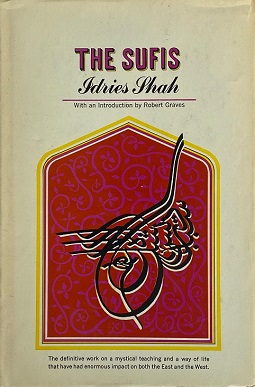
The Sufis is one of the best known books on Sufism by the writer Idries Shah. First published in 1964 with an introduction by Robert Graves, it introduced Sufi ideas to the West in a format acceptable to non-specialists at a time when the study of Sufism had largely become the reserve of Orientalists.
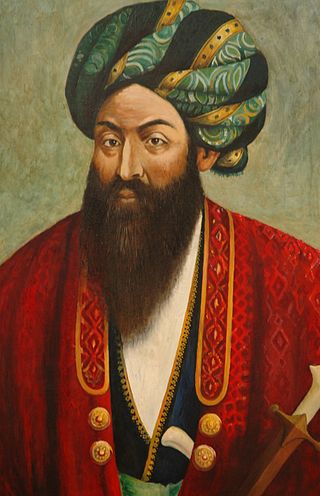
Saiyed Muhammed Shah, better known by his title as Jan-Fishan Khan, was a 19th-century Afghan noble chieftain (nawab) He participated in the First Anglo-Afghan War (1839–42) and the Indian Rebellion of 1857, and on both occasions, he supported the British. For his services to the British, Khan was granted the estate of Sardhana and is the forefather of the Nawabs of Sardhana.
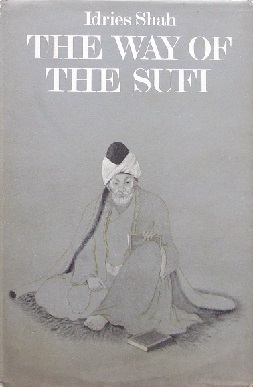
The Way of the Sufi was the best-selling follow-up introduction to Sufism by the writer Idries Shah after the publication of his first book on the subject, The Sufis. Whereas The Sufis eschewed academic norms such as footnotes and an index, The Way of the Sufi provided a full section of notes and a bibliography at the end of its first chapter, entitled "The Study of Sufism in the West".
The Institute for Cultural Research (ICR) was a London-based, UK-registered educational charity, events organizer and publisher which aimed to stimulate study, debate, education and research into all aspects of human thought, behaviour and culture. It brought together many distinguished speakers, writers and Fellows over the years.
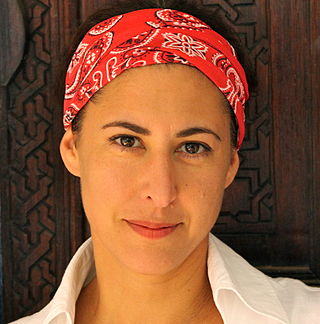
Safia Thomas is a British writer, editor, television news producer and member of the Afghan-Indian Shah family.

First published in 1971, Thinkers of the East: Studies in Experientialism was one of several books of Eastern practical philosophy study materials selected and arranged by Idries Shah for a contemporary readership.

Wisdom of the Idiots is a book of Sufi teaching stories by the writer Idries Shah first published by the Octagon Press in 1969. A paperback edition was published in 1991. ISF Publishing, sponsored by The Idries Shah Foundation, published a paperback edition on 2015, followed by the ebook version and audiobook.
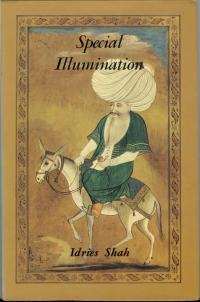
Special Illumination: The Sufi Use Of Humour is a book by the writer Idries Shah published Octagon Press in 1977. Later editions were published in 1983, 1989 and 1997.
Octagon Press was a cross-cultural publishing house based in London, UK. It was founded in 1960 by Sufi teacher, Idries Shah to establish the historical and cultural context for his ideas. The company ceased trading in 2014.
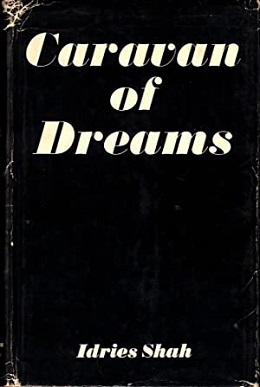
Caravan of Dreams is a book by Idries Shah first published in 1968 by Octagon Press as part of his presentation of traditional Eastern teachings and Sufi ideas for contemporary society. New editions of the book were published in 2015 by The Idries Shah Foundation.

The Elephant in the Dark is a book by the writer Idries Shah, based on lectures he delivered at the University of Geneva as Visiting Professor in 1972–1973. He was invited to speak on the topic of “Salvation as a total surrender to God: an attempt at dialogue between Christians and Muslims.”
The Idries Shah Foundation (ISF) is an independent educational and cultural charity, set up by the family of the late thinker, writer, and teacher in the Sufi mystical tradition, Idries Shah, who wrote over three dozen books on topics ranging from psychology and spirituality to travelogues and culture studies.

The Pleasantries of the Incredible Mullah Nasrudin is a book by the writer Idries Shah, based on lectures he delivered at the University of Geneva as Visiting Professor in 1972–73. The book is a collection of tales, none more than two pages and almost all less than a page long, about the folkloric character Mulla Nasrudin. Published by Octagon Press in 1968, it was re-released in paperback, ebook and audiobook editions by The Idries Shah Foundation in 2015.
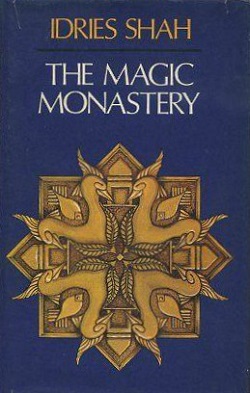
The Magic Monastery is a collection of teaching stories from the Sufi mystical tradition, by the writer Idries Shah, together with some stories by the author himself.
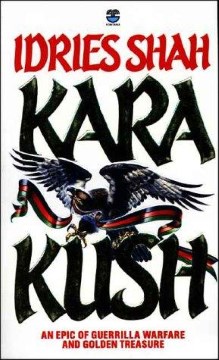
Kara Kush, subtitled The Gold of Ahmad Shah, is an adventure novel by the Anglo–Afghan writer, thinker and teacher in the Sufi mystical tradition, Idries Shah.
















